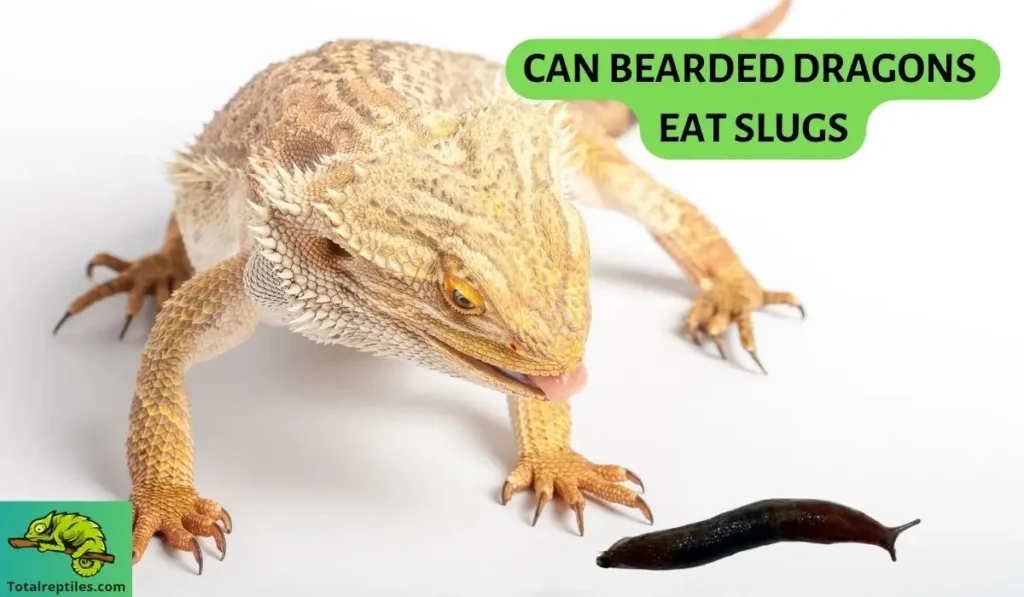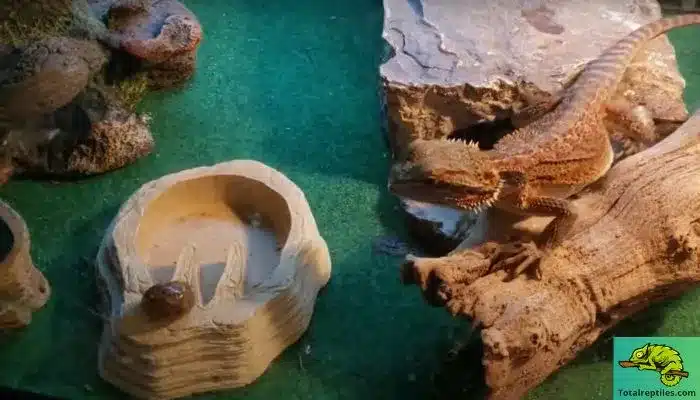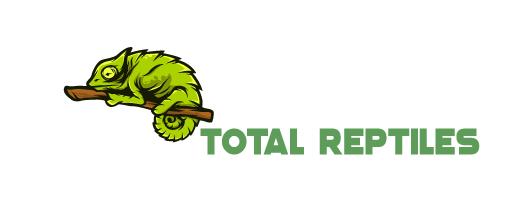Those slimy critters are confounding creatures when it comes to looking after your reptilian pal. Can bearded dragons eat slugs and not get sick?
The answer depends on how many and how often you serve them. Slugs are a green light for your beardies, but they should not be considered a regular food item despite their high protein content. They may add variety to the diet, but they are not completely healthy.
However, there are pros and cons to the matter. We have taken it upon ourselves to deliver the right information through all-encompassing research from experts.

Can Bearded Dragons Eat Slugs?
Yes, your dragon will probably enjoy a slug or two during its feeding time. But there should be certain restrictions for these squishy animals, as they offer minimal vital nutrients.
While slugs are filled with protein, they can also be the downfall of your pet. Excessive protein intake can cause various ailments, such as irreversible kidney disease.
Therefore, you should watch out for overconsumption to prevent health problems. Moreover, obtain store-bought slugs only since they are a safer bet against wild ones.
Benefits of Slugs for Bearded Dragons
There are several plus points to feeding slugs to your pet dragon, though it still does not make them a staple food choice.
1. Amazing Protein and Water Sources as Alternatives
Slugs contain vitamins, carbohydrates, minerals, and ample amounts of protein, which are ideal for a mature beardie in need of fulfilling meals.
Additionally, they have a high moisture content that can hydrate a dragon in no time. But the required quantity should not be exceeded to achieve this benefit, as overhydrating will lead to diarrhea.
2. Low in Fat
Did you know slugs have a low-fat content compared to other prey? This is why beardies have a lesser chance of obesity in a short time.
3. Great Addition to a Varied Diet
Bearded dragons are native to central Australia, where they love to acquire a wide-ranging diet. Captive dragons also have that trait in common, preferring variation over the same meal monotonously.
Slugs can be a tasty twist in their insect matter portion in this regard, especially for juveniles.
4. Stimulating for Preying Purposes
Thanks to their predatory behaviors, bearded dragons thrive on chasing their prey. It also acts as stimulation for their hunting skills in captivity.
Although slugs are not as challenging as Dubia roaches or crickets, they can play a significant role in reducing the stress level during the hunting exercise.
Risks of Feeding Slugs to Bearded Dragons
Consequently, feeding slugs comes with a few drawbacks as well, such as:
- Overconsumption can lead to kidney damage due to excess protein absorption. While adequate protein is good for muscle development, it can also increase the uric acid in the kidneys and other body joints, causing gout.
- Hydrating your beardie is fine, but slugs have too much water, which can cause diarrhea easily. Most slimy creatures have a higher moisture content, so do not give too many slugs to upset a beardie’s stomach.
- Slugs are insufficient to cover all the nutritional necessities your pet needs daily. They are fulfilling, but not enough to cover the dietary requirements. It might eventually lead to nutritional deficiencies in its immune system, growth, etc.
- Slugs, when captured from farms or yards, can carry parasites or harmful chemicals that are fatal for beardies. Even if they look plump for your reptile, they may transmit diseases that may or may not be untreatable.
- Some slimy critters can be too large to munch and swallow and may lodge in the digestive tract of a dragon. This can lead to impaction. It is a condition where the digestive system gets blocked due to indigestion.
How to Feed Slugs to Bearded Dragons?
Slugs are unlike the insects bearded are used to hunting. These are unfamiliar to your reptile friend because their native region does not have any to prey on.
Hence, the bearded dragon may not choose to eat the offered slug the first time. Plus, the smell of secretion trailing behind a slug can be repellant to them.
Still, understand how to feed slugs to keep the dragon safe and content:
- Make sure the food is clean before placing it in the tank.
- Some owners steam the slug before serving. But never add any seasoning or spices, as they can be toxic to beardies.
- The slimy critters are not to be offered as regular feed but every few days in one meal to keep your pet in good shape.
- Include lots of green matter to balance the feeding proportion.
- Ensure the slug is no bigger than the width between the dragon’s eyes to prevent choking and impaction.
- You can cut larger slugs for juveniles or baby beardies for convenience.
- Purchase slugs from reliable pet stores only. Do not serve wild slugs or slugs from the outdoors.
Can Baby Bearded Dragons Eat Slugs?

Baby bearded dragons need an exceptional amount of nutrients to avert malnutrition during the growth spurt. As a result, they will require all the rich foods essential for proper nurturing.
Slugs, on the contrary, have exceedingly high protein and water content but minimal nutritional value. They are not considered a staple or ideal food for baby dragons.
Although they can consume slimy creatures, it is not recommended to serve them as the main meal.
Can Bearded Dragons Eat Snails?
Bearded dragons can eat snails, provided they are farmed or canned snails from special pet stores. These stores sell snails that are grown in controlled conditions as feeders.
Be sure that they are, in no way, seasoned or flavored for an enriching taste. They should be small enough to prevent health risks like impaction or choking as well.
Remember that snails are also not a natural part of a dragon’s diet. It is quite likely to refuse the snail at first. You can switch to healthier options like roaches, crickets, hornworms, butter worms, mealworms, etc.
Conclusion
So, can bearded dragons eat slugs? While beardies can eat these squishy critters, try to prioritize their overall health and safety.
Slugs can carry unwelcome parasites and toxins that are harmful to your pet after ingestion. Besides, their high moisture content and low nutritional value make slugs unsuitable picks for snacks.
We suggest opting for gut-loaded, more nutritious alternatives to fill in the 10% in adults and 70% in juveniles’ and baby dragons’ daily insect intake. Lastly, consult a professional vet to provide a well-balanced and appropriate diet for your dragon pal.
References
- Raiti, P. ‘Husbandry, Diseases, and Veterinary Care of the Bearded Dragon (Pogona Vitticeps)’, Journal of Herpetological Medicine and Surgery (2012).
- Barboza, T. (et al.), ‘Survey of Feeding Practices and Supplement Use in Pet Inland Bearded Dragons (Pogona vitticeps) of the United States and Canada’, Journal of Herpetological Medicine and Surgery (2022)
- Care, Bearded Dragon. ‘ragon’ (2013)

